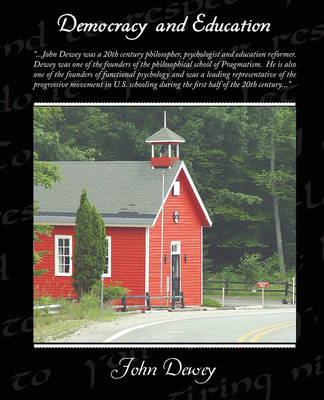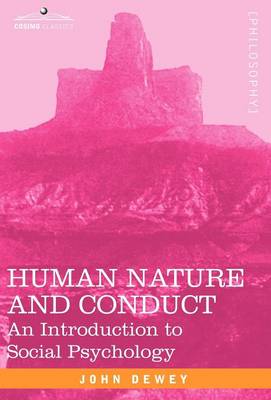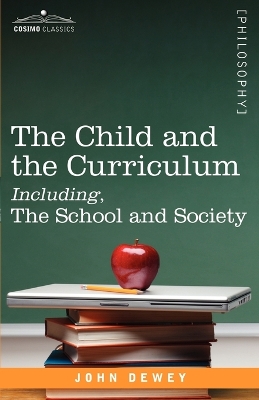Cosimo Classics Philosophy
3 total works
John Dewey s best-known and still-popular classic, "Democracy and Education, "is presented here as a new edition in Volume 9 of the Middle Works. Sidney Hook, who wrote the introduction to this volume, describes "Democracy and Education: " It illuminates directly or indirectly all the basic issues that are central today to the concerns of intelligent educators. . . . It throws light on several obscure corners in Dewey s general philosophy in a vigorous, simple prose style often absent in his more technical writings. And it is the only work in any field originally published as a textbook that has not merely acquired the status of a classic, but has become the one book that no student concerned with the philosophy of education today should leave unread. Dewey said in 1930 that "Democracy and Education, " was for many years the one [book] in which my philosophy . . . was most fully expounded. "
This insightful treatise on the essential components of human nature by the great American philosopher and educator John Dewey, in his own words, "sets forth a belief that an understanding of habit and of different types of habit is the key to social psychology, while the operation of impulse and intelligence gives the key to individualized mental activity." Beginning with habits, Dewey discusses these basic patterns of conduct as essential mechanisms that allow individuals to coexist harmoniously within society and to adjust to the outer environment. The process of habit formation is a major part of childhood education as the growing individual learns the established modes of behavior in society.
In the next section Dewey focuses on impulses, which motivate action and are regulated in response to the reactions of others and the learned habits that the society around us instills. Intelligence, the subject of the next part, in Dewey's view, is the chief instrument that allows human beings to act creatively and experimentally in response to the demands of both inner impulses and outer challenges. How we use our intelligence to deal with our impulses and habits reflects individual variations of character and largely determines life destinies.
Intelligence is also the key to morality. If we use our intelligence to make moral judgments based on a clear understanding of empirical facts, then there is a far better chance, says Dewey, that our judgments will be good and our actions right, than if we blindly accept moral rules from traditional authorities or unthinkingly give way to natural instincts. Unless we use the tool of intelligence to understand the natural world around us and our own human nature, we cannot make wise value judgments to serve our best interests.
Some eighty years after its original publication, Dewey's commonsensical approach, rooted in experience and objective observation, still has much to recommend it to students of ethics, psychology, and sociology.
In the next section Dewey focuses on impulses, which motivate action and are regulated in response to the reactions of others and the learned habits that the society around us instills. Intelligence, the subject of the next part, in Dewey's view, is the chief instrument that allows human beings to act creatively and experimentally in response to the demands of both inner impulses and outer challenges. How we use our intelligence to deal with our impulses and habits reflects individual variations of character and largely determines life destinies.
Intelligence is also the key to morality. If we use our intelligence to make moral judgments based on a clear understanding of empirical facts, then there is a far better chance, says Dewey, that our judgments will be good and our actions right, than if we blindly accept moral rules from traditional authorities or unthinkingly give way to natural instincts. Unless we use the tool of intelligence to understand the natural world around us and our own human nature, we cannot make wise value judgments to serve our best interests.
Some eighty years after its original publication, Dewey's commonsensical approach, rooted in experience and objective observation, still has much to recommend it to students of ethics, psychology, and sociology.
The Child and the Curriculum Including, the School and Society
by John Dewey
Published 1 November 2008


